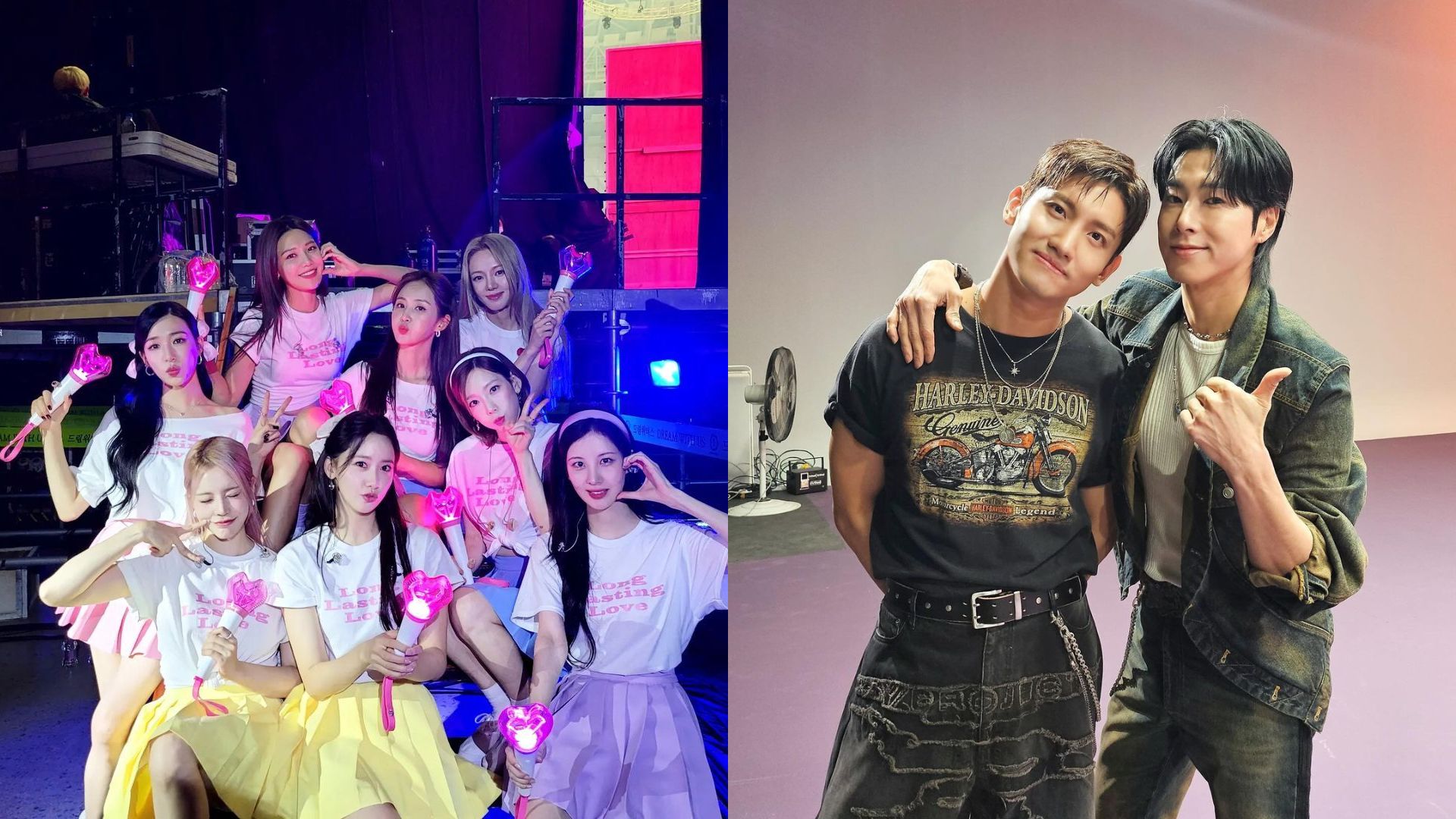If you’re one of the OG K-pop fans, you probably have nostalgic memories of singing along to “Nobody” or “Fantastic Baby” in karaoke. In the Philippines, K-pop began spreading during the mid-2000s when Korean songs started playing on radios, in physical stores, and on TV.
The evolution of K-pop music is marked by a pivotal era when 2nd generation K-pop groups rose to global recognition. This wave of artists paved the way for the Hallyu sensation by dominating music charts with their innovative music, well-made choreography, and stunning visuals. Their influence remains relevant in global pop culture today.
Here are some of the biggest 2nd generation K-pop groups that significantly contributed to establishing K-pop as a notable music industry:
2NE1

2NE1, a powerful girl group from YG Entertainment, debuted with the single “Fire” in 2009. Loved for their music and unique style, they were one of the first K-pop girl groups to embark on a world tour. 2NE1 is best known for hits like “I Don’t Care,” “I Am The Best,” and “Come Back Home”. They have also collaborated internationally with big names like will.i.am. In 2022, 2NE1 surprised fans with an on-stage reunion during CL’s 88rising set at Coachella, which went viral.
Wonder Girls
Wonder Girls, a girl group under JYP Entertainment, debuted with the single album “The Wonder Begins” in 2007. They became the first Korean act to enter the Billboard Hot 100 with their hit “Nobody”. Though they disbanded, they are respected in the K-pop scene for their lasting legacy. Their songs like “Tell Me” are still covered by younger groups today, showcasing their impact on the industry.
Girls’ Generation

Girls’ Generation, an iconic girl group from SM Entertainment, debuted with the single “Into the New World” in 2007. In Korea, they are known as “The Nation’s Girl Group” even today. Girls’ Generation is famous for hits like “Gee,” “Genie,” and “The Boys,” which are favorites among junior idol groups. The members have also excelled in solo music careers, acting, and entertainment. The group made a comeback in 2022 with the full-length album “Forever 1”.
BIGBANG
BIGBANG, a boy group formed by YG Entertainment, debuted with the single album “We Belong Together” in 2006. They played a crucial role in the global rise of the K-wave. In 2013, their “Alive” EP became the first Korean album to enter the Billboard 200 chart. BIGBANG is famous for hits like “Fantastic Baby” and “Bang Bang Bang”. After a 4-year hiatus, they made a comeback in 2022 with the digital single “Still Life”.
TVXQ!

TVXQ!, a legendary boy group from SM Entertainment, debuted with the single “Hug” in 2003. In 2013, they set a record for the highest number of attendees in a concert tour after performing in Japan’s 5 major domes. Known for songs like “Mirotic” and “Rising Sun,” TVXQ! is hailed as the “Kings of K-Pop” for their immense success. They made a comeback in 2023 with the full-length album “20&2”.
Since the 2000s, these 2nd generation K-pop groups have left an indelible legacy on the K-pop scene. By introducing their distinct music styles to international audiences, they brought K-pop culture closer to a wider fan base.







